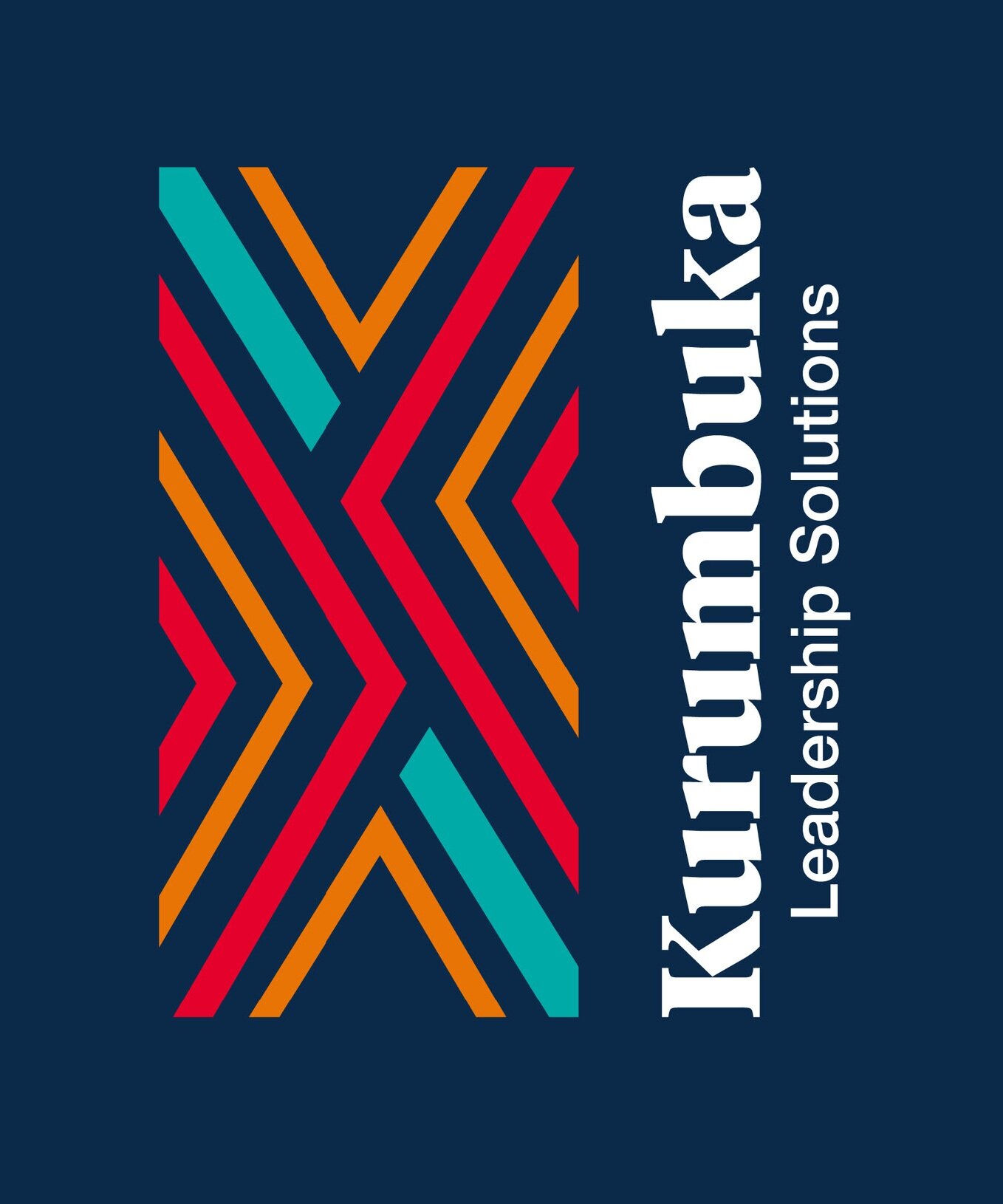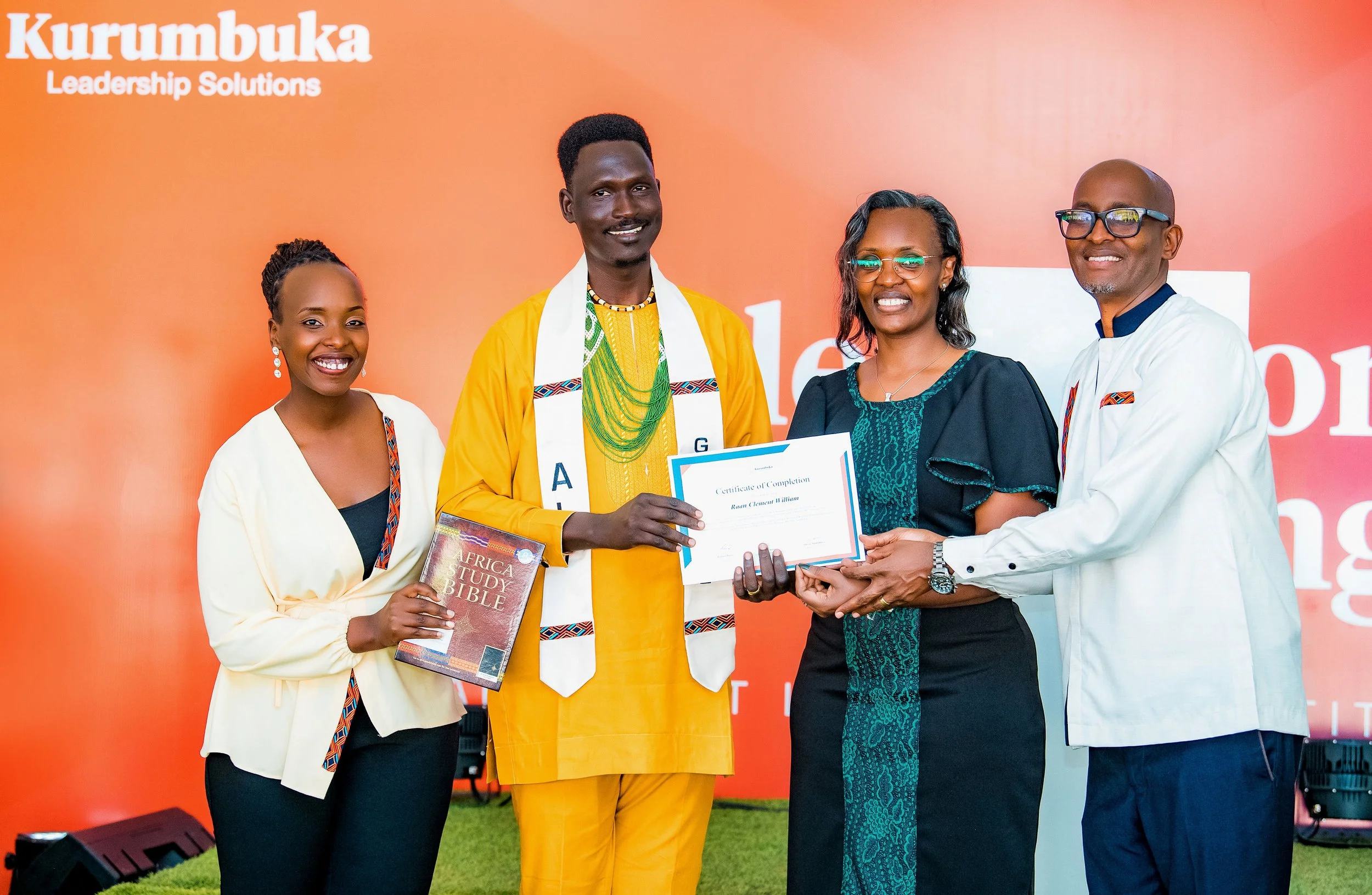Raan Clement
Choosing Abundance
Raan Clement
PEACE BUILDER | COHORT 9; SOUTH SUDAN
Raan grew up in South Sudan, the youngest and one of the poorest countries on earth, with a regional history of war and ethnic conflict.
In 2010, Raan was chosen for a peacebuilding training in Switzerland, put on by the British Council of Switzerland, for young leaders from conflict-affected countries around the world. Raan shared “Near the end of the training, some students from other African countries came to me. They said they were planning to walk out of the hotel and disappear into Europe instead of returning to the challenges of Africa. They asked me to join them.
I told them I grew up in a grass-thatched house in a remote village without running water or electricity. No matter how glittering Europe is, it doesn’t please me because I don’t see my contribution in it. I am going back to South Sudan to make my contribution to a better future for my children and the great-grandchildren of my country.
I know I will not make my country suddenly look like Europe. Still, I want to be among those who will lay the foundation for a better future. Our forefathers did their part; it is now our turn, and we all have to continue to do our work wherever we are called. Today, each of those leaders from the conference who were on the verge of giving up are still serving in their home countries.”
Raan knew he was called to South Sudan, and was determined that no matter how hard it got, he wouldn’t turn away from what God had asked.
Raan works as the Outreach and Learning Manager with the Conflict Sensitivity Resource Facility (CSRF). CSRF is a joint venture of two international peacebuilding organizations, Saferworld and Swisspeace, based in London and Basel. At the Conflict Sensitivity Resource Facility, his team helps educate aid organizations on delivering aid without causing or exacerbating conflict and tensions.
Aid organizations are also overwhelmed by the complexity of the situation in South Sudan, particularly when long-standing local conflicts are mixed with poverty. Raan regularly sees this scenario: Communities A and B have real needs, and people are dying. An aid organization wants to help but only has the capacity to support one group, so they focus on Community A. Community B is angry and attacks Community A to take those resources…so the well-intentioned aid escalates the conflict.
Raan was on the path for helping build a better future for his country, but felt he lacked tools to be the leader he knew he was called to be.
Raan attended the Abundant Leadership Institute with Kurumbuka in 2022/2023 and has brought in a fresh determination to seek hope for the peace-building work he is doing. He shares, “I am so grateful to Kurumbuka for all that I've learned. I need to continue to learn more about leadership. My supervisor said that she’s seen a lot of changes in how I conduct myself, and I know it’s because of what I learned from Kurumbuka. I work with a team that provides training for donor organizations providing aid and a team researching conflict sensitivity. We are influencing how aid is delivered across our country.”
At ALI, Raan learned the importance of an abundant leadership mindset: “I’m a peace-builder by career, and the Kurumbuka training built on my studies. Shifting from a scarcity mindset to an abundant mindset was so powerful. People are so dependent on aid that they forget they are rich in resources that the aid organizations are not bringing.”
Raan says, “When aid actors fill the government’s gaps with health services or education on a permanent basis, that continuous pumping of resources shifts the responsibility from the government to the organizations. This is the biggest disease we can have from aid. Aid should only bridge temporary gaps, not replace the local government’s responsibility.”
When we see South Sudan on the news, the pictures and stories portray a bleak situation for one of the poorest countries on earth. But from Raan’s perspective, “whatever goes into the news about South Sudan is driven by the interest of getting aid money. It portrays suffering and misery. But they don’t report the hope. There is a lot of abundance that people forget to talk about. There is a better future ahead of us.”
“The future needs to be made by us in the forefront, with the aid actors behind us, giving us a little energy when we need it most. Change will come, but it has to be driven by the South Sudanese. I haven’t lost hope because of my faith. What we see today will soon be history, and things will change.”
Raan is confident the transformation of South Sudan will happen from within. “For me, this is home. All we, the people of South Sudan, need is technical knowledge, not outside aid. We have the resources to bring transformation, we just need to know how to use them. Not all of us may realize this in my lifetime, but our children will see the difference in our country. It is our turn to stay and make the sacrifices, and we should not shy away from that”.
Raan’s prayer requests: “to have good health to continue my work, a peaceful environment without conflict, and to make more progress in building a future for my country and community.”

